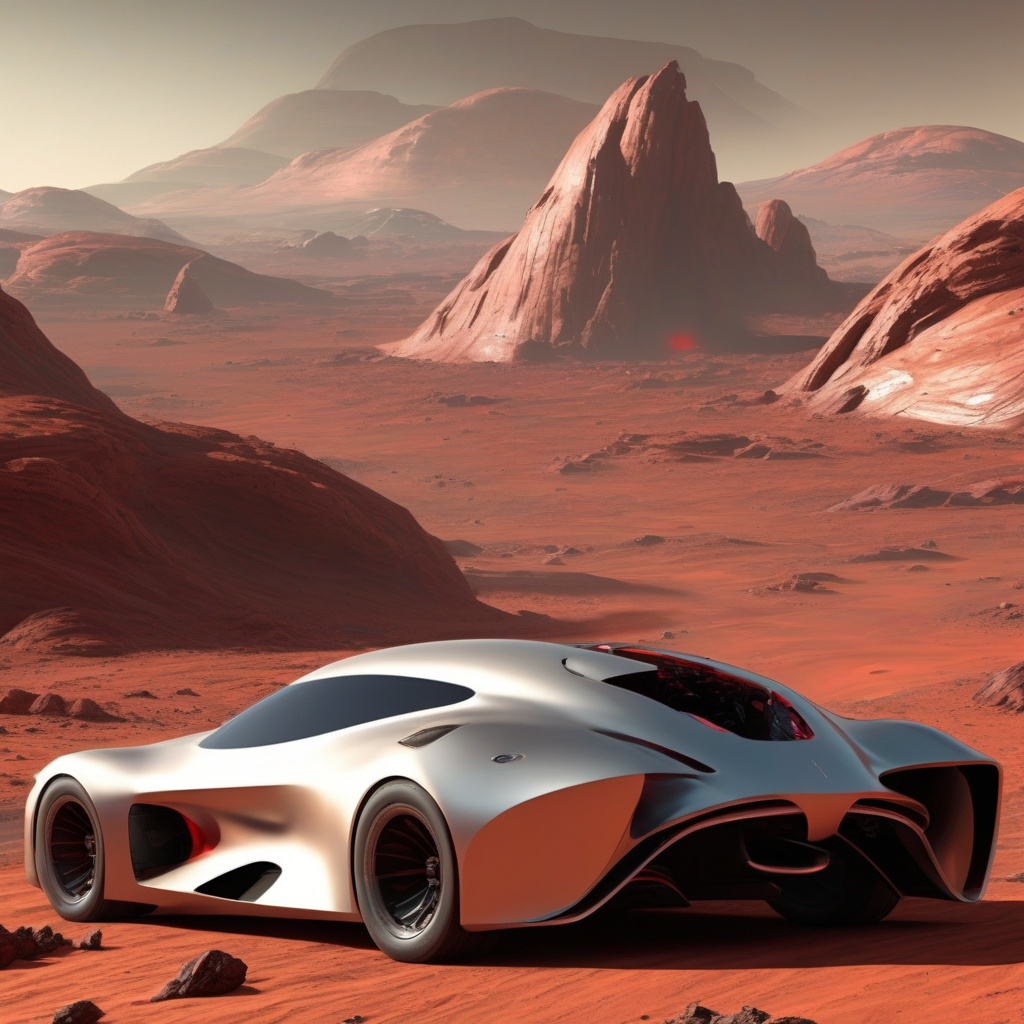Title: Leveraging Car Racing Data to Develop AI Caretakers for Mars Missions
In the realm of technological advancement, the world of car racing has long served as a hotbed for innovation. While traditionally associated with enhancing automotive performance, racing data is now being harnessed for a groundbreaking purpose: aiding NASA in the development of AI caretakers for future Mars missions.
The parallels between car racing and space exploration may not be immediately apparent, but the underlying principles of data analysis and optimization are strikingly similar. In the world of racing, every fraction of a second counts, leading teams to meticulously collect and analyze vast amounts of data to enhance performance. This data-centric approach has revolutionized the sport, with advancements in software playing a pivotal role in pushing the boundaries of what is possible on the track.
Similarly, NASA faces a similar challenge in the realm of space exploration. As the agency sets its sights on ambitious missions to Mars and beyond, the need for advanced AI systems to support astronauts and equipment becomes increasingly critical. From monitoring vital signs to troubleshooting technical issues, an AI caretaker would play a vital role in ensuring the success and safety of these missions.
By leveraging the data analysis techniques honed in the world of car racing, NASA can gain valuable insights into how to develop and optimize AI systems for space exploration. Just as racing teams use data to fine-tune performance and make split-second decisions, NASA can harness this knowledge to create AI caretakers capable of navigating the complexities of long-duration space missions.
For example, imagine a scenario where an AI caretaker on a Mars mission detects an anomaly in the life support system. Drawing on lessons learned from analyzing racing data, the AI could quickly assess the situation, propose a solution, and execute a response—all in a matter of seconds. This ability to process data rapidly and make informed decisions could be the difference between success and failure in the harsh environment of space.
Furthermore, the software advancements made in the world of car racing could also inform the development of autonomous systems for Mars rovers and other robotic explorers. By drawing on the expertise of racing teams in optimizing software for high-performance vehicles, NASA can enhance the capabilities of its robotic fleet, enabling them to operate more efficiently and effectively in the challenging terrain of Mars.
In conclusion, the crossover between car racing data and space exploration represents a unique opportunity for innovation and collaboration. By tapping into the wealth of knowledge accumulated in the racing world, NASA can accelerate the development of AI caretakers and autonomous systems for future Mars missions. As we look towards the stars, it is clear that the lessons learned on the racetrack may hold the key to unlocking the mysteries of the cosmos.

